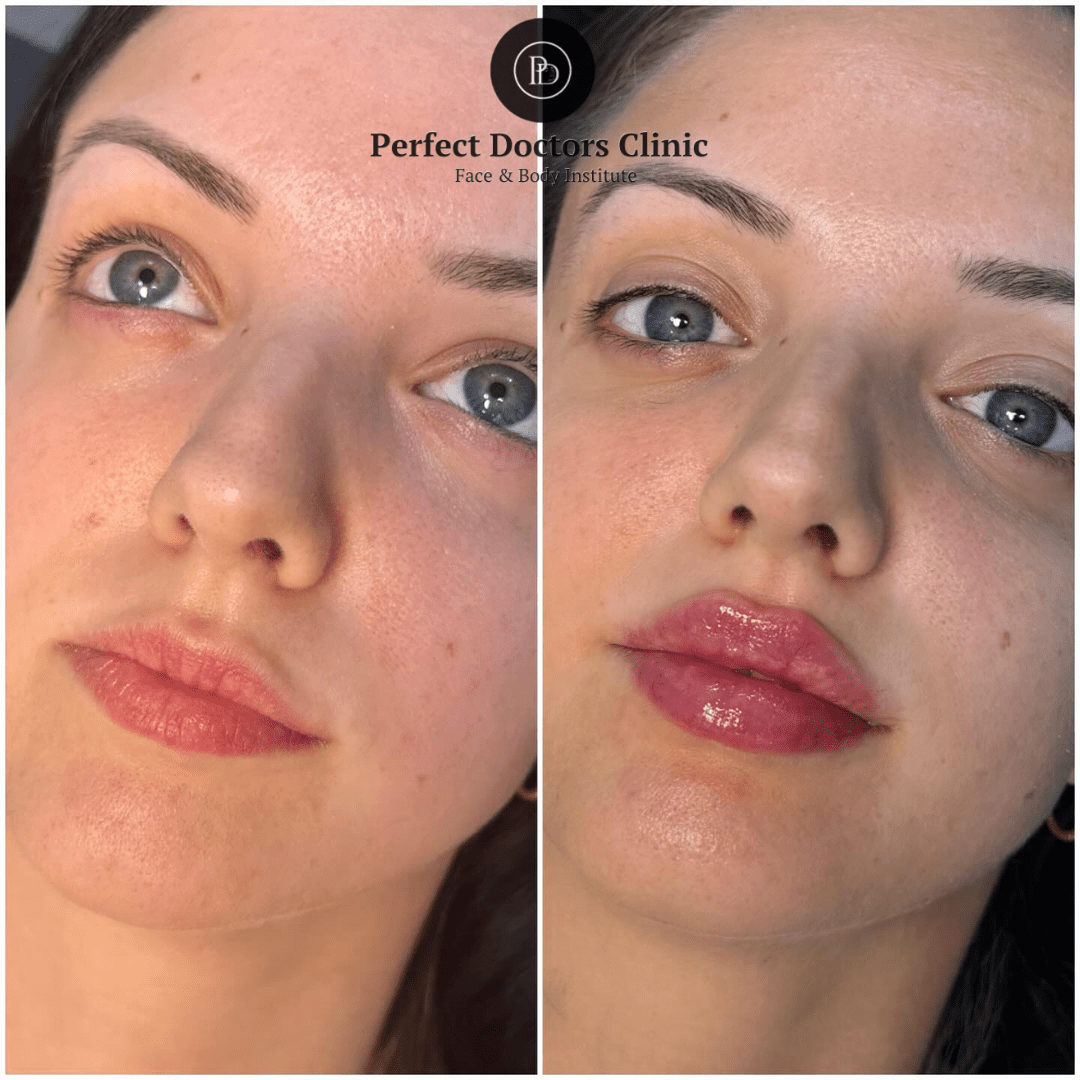Are You Tired of Menstrual Discomfort? Here’s How to Stay Irritation-Free
Menstrual discomfort is something that many people experience, yet it is rarely discussed in depth. Whether it’s bloating, cramps, fatigue, or mood swings, the monthly cycle can significantly disrupt daily life. However, there are ways to minimize or even eliminate menstrual discomfort, promoting a smoother and more comfortable experience throughout your period.
What is Menstrual Cycle?
Before diving into tips, it’s essential to understand what happens during your menstrual cycle. Typically, a menstrual cycle lasts around 28 days but can range from 21 to 35 days. Here’s a quick overview,
Menstrual Phase (Days 1-5), the shedding of the uterine lining occurs, resulting in menstruation.
Follicular Phase (Days 1-13), hormones stimulate the growth of follicles in the ovaries.
Ovulation (Day 14), a mature egg is released from the ovary and Luteal Phase (Days 15-28), the body prepares for a potential pregnancy; if it doesn’t occur, the cycle starts anew. Understanding this cycle can help you anticipate symptoms and better manage your monthly experience.
Anti-Inflammatory Foods for Pain Relief
Foods rich in omega-3 fatty acids (such as salmon, walnuts, and chia seeds) have been shown to reduce inflammation and alleviate cramps. Leafy greens (like spinach and kale) are high in magnesium, a mineral that helps ease muscle tension and cramps.
Additionally, ginger and turmeric have natural anti-inflammatory properties that can provide relief from menstrual pain.
What are some Foods to Reduce Bloating?
Many individuals experience bloating and water retention during their period. To combat this, it’s beneficial to incorporate diuretic foods such as cucumbers, asparagus, and watermelon, which help flush excess water from the body.
Avoiding salty and highly processed foods can help reduce bloating, as they tend to increase water retention.
Hydration is Key and Supplements to Consider
Staying hydrated is crucial, especially before and during menstruation. Water aids in reducing bloating and can alleviate cramps. Aim to drink at least 8-10 glasses of water daily, and consider herbal teas like ginger or chamomile for additional comfort.
Certain supplements can help ease menstrual discomfort. Magnesium may reduce cramps, while omega-3 fatty acids can alleviate inflammation. Before starting any new supplement, we should consult with a healthcare provider to ensure safety and effectiveness.
How choosing the Right Menstrual Products plays a role?
The right menstrual product can greatly enhance your comfort. Pads, which are available in various sizes and absorbances. Tampons, which offers discreteness but require proper changing to avoid TSS.
Menstrual Cups, are eco-friendly and can be worn for up to 12 hours. Period Underwear, a Comfortable and absorbent, providing an alternative option.
Experiment with different products to find what suits your body best. Consider your lifestyle, comfort, and the level of activity you’ll engage in during your period.
How Top organic pads play a role in Irritation-Free menstruation?
Organic pads are typically made from 100% organic cotton or other natural, chemical-free materials. Conventional pads, on the other hand, often contain synthetic fibers, chemicals, and fragrances that can irritate the sensitive skin in the genital area.
Organic cotton, in particular, is soft and breathable, reducing the chances of irritation, which will not completely irritation-free rashes, or allergic reactions.
Organic cotton is grown without the use of harmful pesticides, fertilizers, or bleach. Conventional pads, especially those made from non-organic cotton, may contain residues of these chemicals. The Top 10 organic sanitary pads available in the market as per the survey is Bliss Natural, Carmesi, Nua, Plush, Sofi, Bella, Peesafe, Sanfe, Azah and sirona.
These chemicals can trigger allergic reactions or irritation, especially for individuals with sensitive skin. Organic pads eliminate this risk, offering a more gentle and natural alternative.
Exercise for Menstrual Relief
Gentle Movement Matters While the idea of exercising during menstruation may seem daunting, gentle movement can significantly improve our mood and alleviate discomfort.
Specific poses, like the child’s pose and cat-cow stretch, can relieve tension in the lower abdomen.
A daily walk can boost endorphins and improve circulation, reducing pain and discomfort. Listen to Your Body It’s essential to listen to our bodies. On days when fatigue is high, rest is just as important as movement. Balancing activity with adequate rest can help us maintain overall well-being during our menstrual cycle.
What is the Role of Magnesium and Vitamin D?
As mentioned earlier, magnesium is essential for muscle relaxation and can help reduce cramps and bloating.
Low vitamin D levels have been linked to more severe menstrual cramps, so ensuring you have adequate levels is important.
Over-the-Counter Remedies for Immediate Relief
While natural remedies can be effective, sometimes more immediate relief is needed. Over-the-counter medications can help reduce the severity of cramps, headaches, and other menstrual symptoms.
Nonsteroidal anti-inflammatory drugs (NSAIDs) like ibuprofen or naproxen are commonly used to reduce menstrual pain. These medications work by inhibiting the production of prostaglandins, which are responsible for causing cramps.
It’s important to take these medications as directed to avoid side effects, and always consult with your healthcare provider if you have concerns.
Applying a heating pad or warm compress to the abdomen or lower back can help relax the uterine muscles and relieve pain. The heat increases blood flow to the area, soothing cramps and reducing muscle tension.
Building a Supportive Community
Creating a space for open discussions about menstruation can help alleviate stigma and foster understanding. Sharing experiences with friends, family, or support groups can provide comfort and practical advice.
By educating those around us about menstrual health, we can promote empathy and support for individuals experiencing discomfort. This community-oriented approach can lead to a more understanding environment for everyone.
Conclusion
Managing menstrual discomfort is a highly individualized process, but with the right approach, it’s possible to become irritation-free and discomfort. By adopting a balanced diet, incorporating regular exercise, managing stress, utilizing herbal remedies, and seeking professional advice when necessary, you can experience a smoother and more comfortable period each month.














Post Comment